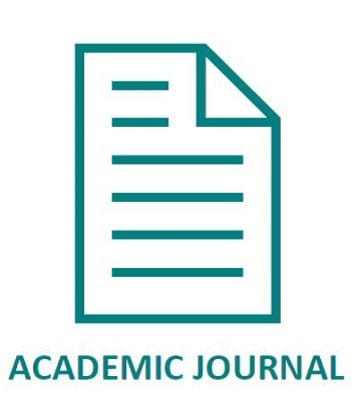Expert opinion on risks to the long-term viability of residential recycled water schemes: An Australian study
Abstract
The water sector needs to make efficient and prudent investment decisions by carefully considering the long-term viability of water infrastructure projects. To support the assessment and planning of residential recycled water schemes in Australia, we have sought to clarify scheme objectives and to further define the array of critical risks that can impact the long-term viability of schemes. Building on historical information, we conducted a national survey which elicited responses from 88 Australian expert practitioners, of which 64% have over 10 years of industry experience and 42% have experience with more than five residential recycled water schemes. On the basis of expert opinion, residential recycled water schemes are considered to be highly relevant for diversifying and improving water supply security, reducing wastewater effluent discharge and pollutant load to waterways and contributing to sustainable urban development. At present however, the inability to demonstrate an incontestable business case is posing a significant risk to the long-term viability of residential recycled water schemes. Political, regulatory, organisational and financial factors were also rated as critical risks, in addition to community risk perception and fall in demand. The survey results shed further light on the regulatory environment of residential recycled water schemes, with regulatory participants rating the level and impact of risk factors higher than other survey participants in most cases. The research outcomes provide a comprehensive understanding of the critical risks to the long-term viability of residential recycled water schemes, thereby enabling the specification of targeted risk management measures at the assessment and planning stage of a scheme.
Note: Journal articles and conference papers (and links where available) are available under open access arrangements where possible. Otherwise please contact your institution’s library, the authors, or publishers to organise full access.
